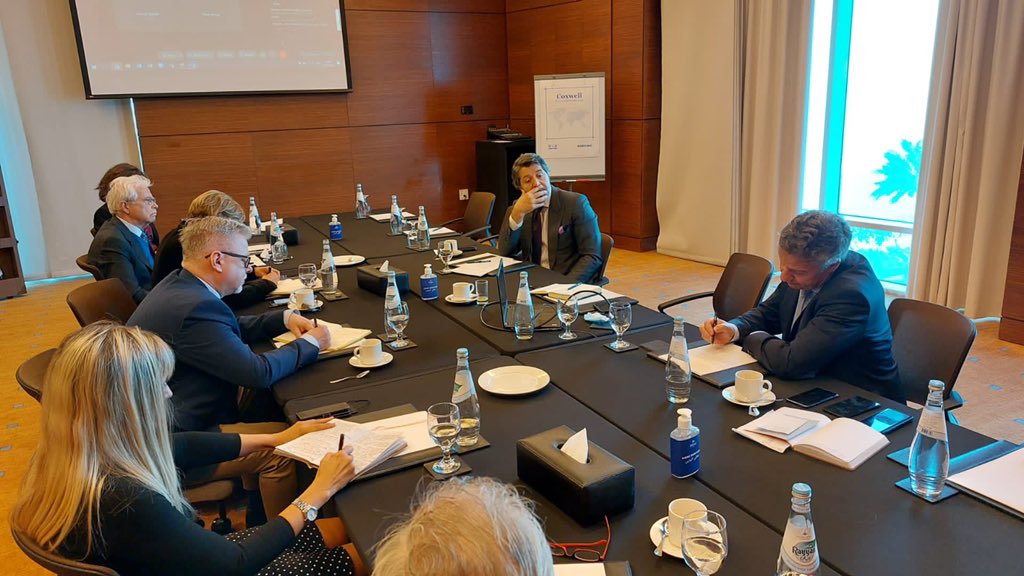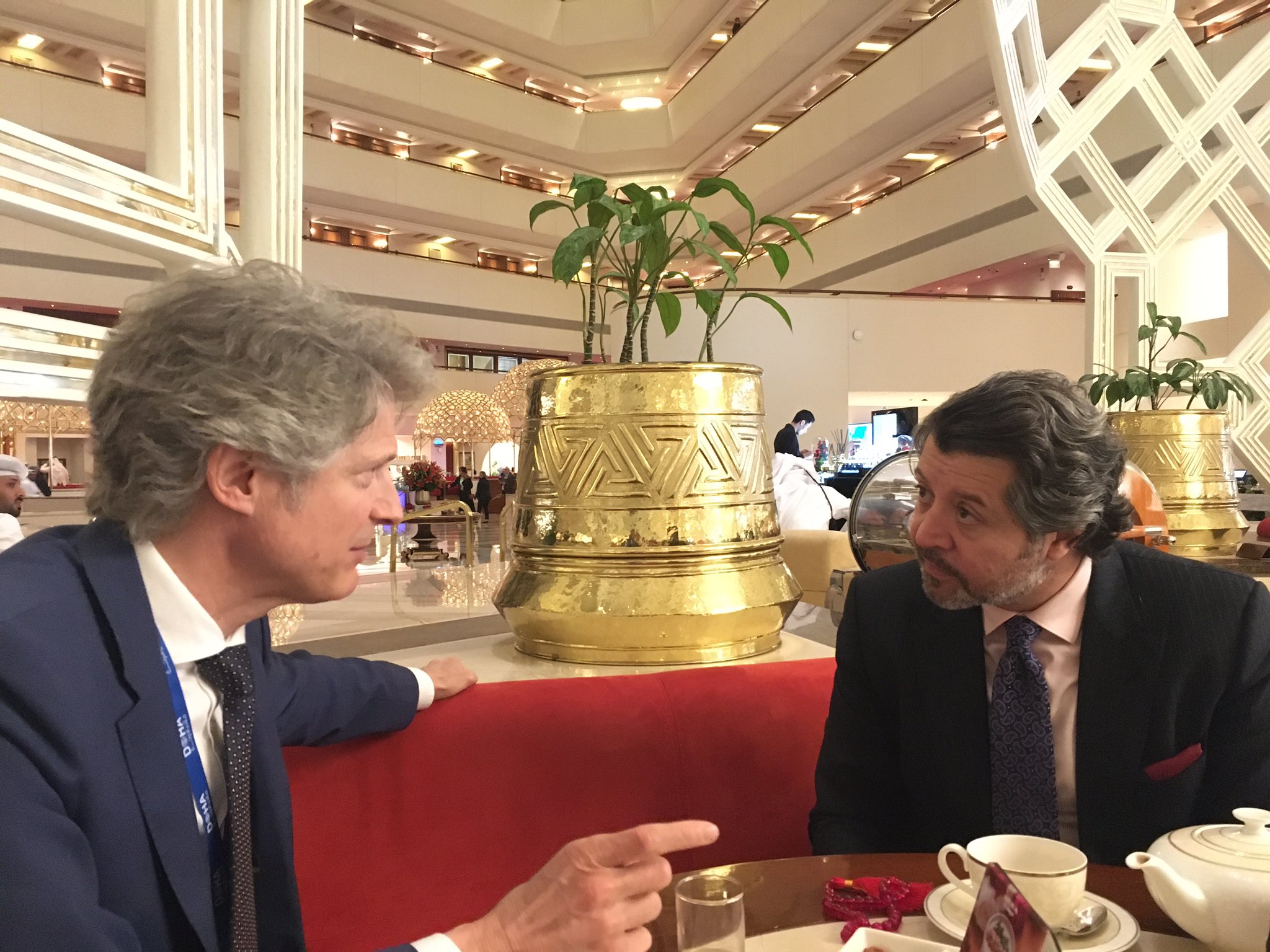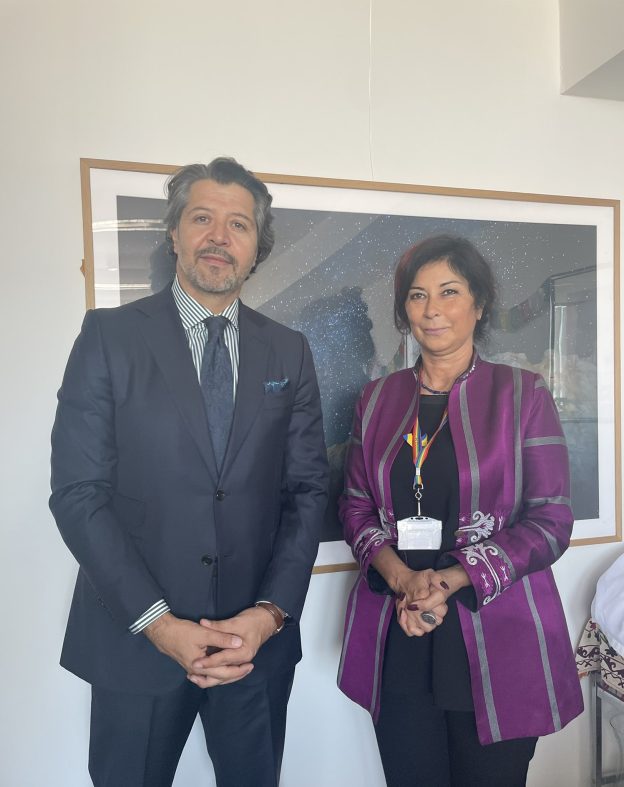Dec 02, 2009
Saifullah Ahmadzai, Senior Research Analyst, Abdul Halim Achakzai, Senior Research Analyst, Shoaib Harris, Research Fellow and Abdulhadi Hairan, Research Analyst at the Centre for Conflict and Peace Studies (CAPS) participated in the Regional Network of Strategic Studies Center (RNSSC) conference from 18th to 22nd November, 2009. The conference was hosted by the Institute for Defense Studies and Analysis (IDSA) in New Delhi, India.
The conference had been planned to provide a platform for Network participants in order to discuss ongoing research, plan future collaborations, draft publications, and welcome new centers into the network. To this end, four working groups had gathered to discuss counter terrorism, non-traditional security, democracy & governance, border security and weapons of mass destruction. Moreover, relatively smaller and focused plenary sessions followed to discuss issues concerning water Security in the Near East and South Asia Region, New Challenges and Opportunities in Nuclear Disarmament and Non-Proliferation, Exploring the Region’s Stake in Afghanistan.
Mr. Ahmadzai delivered a presentation on the challenges of water security in Afghanistan in the opening session. In his remarks, Mr. Ahmadzai explained issues concerning water security in Afghanistan as he gave an expose of major water basins, sources of water and threats to water security.
In the pursuant non-traditional security working group meeting, it was decided that Mr. Ahmadzai would draft a paper on challenges to water security in Afghanistan and deliver a comprehensive presentation in the upcoming meeting scheduled for March 2010 in Nepal.
Mr. Hairan participated in the counter-terrorism working group in which the participants discussed the group’s work over the past four years. As the organizing committee had asked the counter-terrorism group to initiate new activity, the group decided to change its name to Reconciliation Working Group. The final decision and future assignments would be announced in the group’s next meeting.
Mr. Achakzai participated in Democracy and Governance working group. The membership of this group discussed the performance of the group over the past year and expressed satisfaction at the group’s achievements. Meanwhile, each member was assigned a specific task to write a six page essay on the topic of civil military cooperation in their countries. The guidelines for writing the essay would be emailed to the members. It was decided that the next meeting of the group would be held in Manama, the capital of Bahrain.
Mr. Harris participated in the plenary session that focused on the two fold question of Weapons of Mass Destruction and the Region’s Stake in Afghanistan.On the topic of weapons of mass destruction, CAPS representative proposed that the name of the working group be changed to non-conventional weapons because the extent of weapon’s destructive impact is not just a function of the lethality of the latter, but also of the density of the target population. He also drew the attention of fellow participants to the vulnerability of nuclear facilities to natural events such as tsunami, powerful earthquakes and other natural catastrophes that are expected to rise, in frequency and intensity, given the effects on eco-system of climate change. One of the participants was assigned to explore this question and give a presentation on the topic in the upcoming working group meeting.
On the topic of the region’s stake in Afghanistan, Mr. Harris reiterated that a peaceful and free Afghanistan is in the interest of the regional and global stakeholders and that peace can return to Afghanistan through rule of law within, regional consensus and continued international engagement.
In this session, it was also decided to publish a book out of the essays previously worked out dispatched. The details of the upcoming meeting are to be disseminated via electronic mail.
The RNSSC works on expanding strategic interaction among institutions in the region through exploring avenues of dialogue and cooperation. Its aim is to address security challenges facing the region. It is also meant to promote strategic thinking at the regional level by disseminating collaboratively developed research, thinking and publications concerning the region.





Leave A Comment